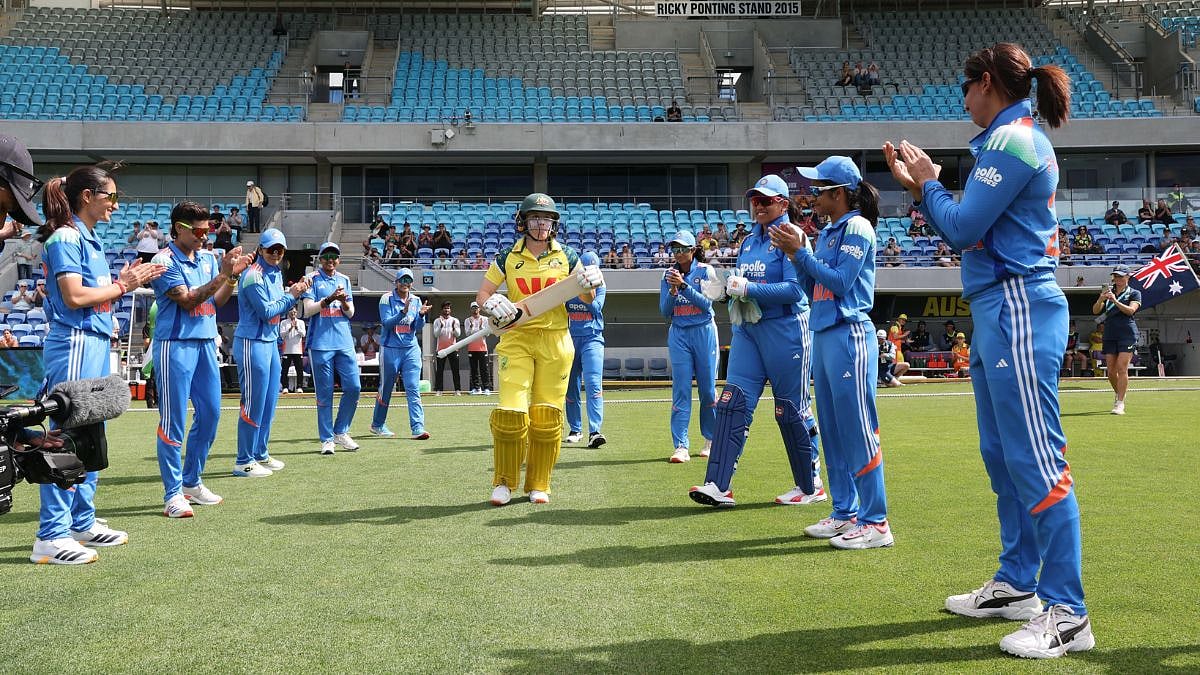Mumbai: "Is freedom of speech and expression, the universal undertaker burying all rights to reputation and privacy?" questioned the Bombay High Court recently, while deciding a case wherein litigants had threatened judges of a lower court for passing adverse orders. The HC later answered the question in the negative, saying balancing (of rights) is required.
A bench of Justice Dama Naidu also said that public cause and interest of justice are the easy weapons used by litigants who have lost a case, to defame a judge.
"Public cause and the interest of justice, nebulous and amorphous as they remain, are the ploys to throw daggers of defamation at any judge. But no judge relishes being a litigator or a defender of his interest, even in the name of contempt," Justice Naidu observed.
"A judge or rather any judge, builds his reputation brick by brick—it is a life-time toil. But a disgruntled client or counsel can—and many a time does— demolish it in a trice," the judge added.
The judge further recorded in his orders that 'with the social media, unaccountable and invasive as it
is, in tow, an unscrupulous litigant is a misdirected missile, razing reputations to the ground.'
The bench made these observations while dismissing a civil application filed by a woman seeking recall of an order passed by another single bench of the HC against her last year. The woman had also filed a revision plea before the small causes court, which had earlier dismissed her suit filed under the Rent Control Act.
While passing the orders, Justice Naidu noted that the woman and her advocate son, who appeared for her, had threatened and abused the judges of the small causes court and even the HC, for passing adversary orders and dismissing their suit.
"Is freedom of expression the universal undertaker to bury all rights to reputation, to mortify all privileges of privacy, and to inter all instances of integrity?" Justice Naidu asked. To answer the query, he referred to the judgment passed by a judge in Israel and stated that balancing of rights is necessary.
The judge further said that judges usually do not defend themselves when allegations are made against them by litigants. "Judges never claim infallibility. Their existential angst to decide correctly is the invisible albatross around their necks. Erring if ever, the judges look to a course correction," Justice Naidu observed.
"For that they are never averse to having their judgments subjected to critical analysis, besides the hierarchical adjudicatory safeguards. It is the critical analysis of the judicial reasoning that lets the cause of justice thrive, not the character assassination, though," the judge added, while dismissing the plea for having no merit.







